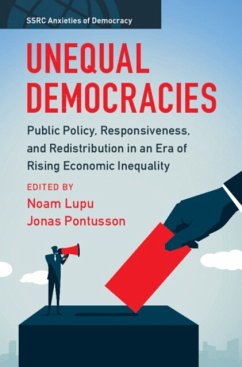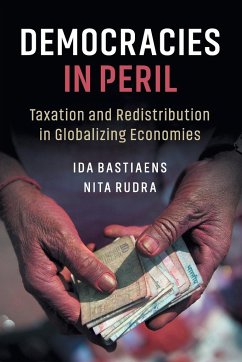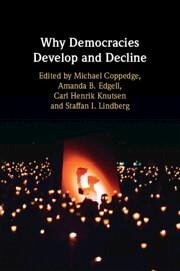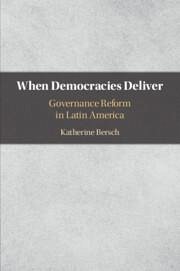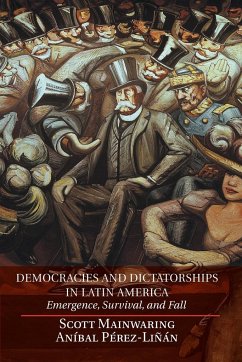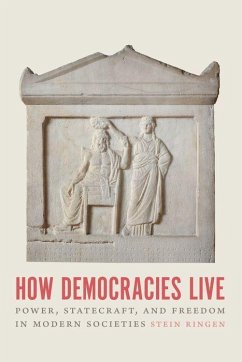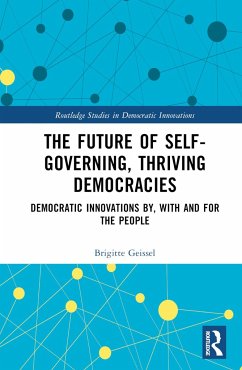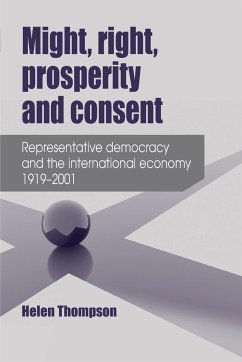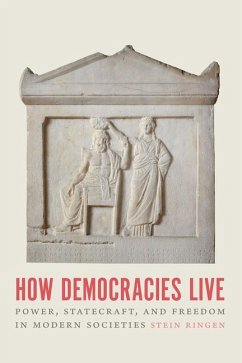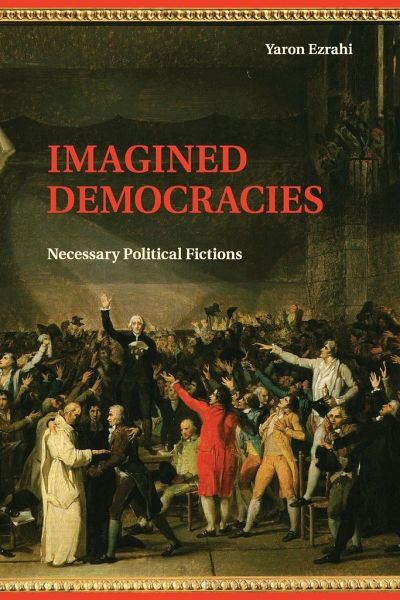
Imagined Democracies
Versandkostenfrei!
Versandfertig in 1-2 Wochen
37,99 €
inkl. MwSt.

PAYBACK Punkte
19 °P sammeln!
Ezrahi proposes that publics that lost their faith in extra-human sources of authority during the Enlightenment are now equally skeptical about the role of rational deliberation in politics. In our era of mass electronic communications, political realities are produced by believable fictions that echo popular desires.






